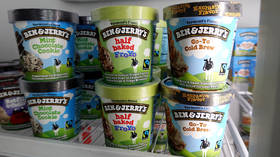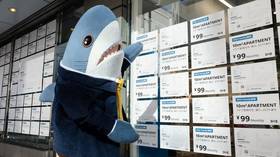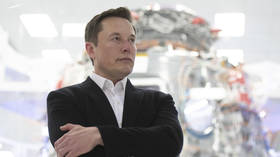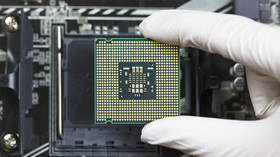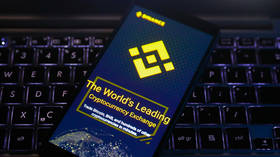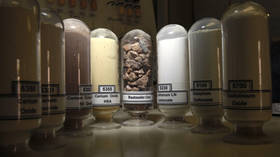China has stopped buying beef, dairy products, and beer from Lithuania this week, the Lithuanian authorities said on Thursday. China’s General Administration of Customs suspended the imports due to a “lack of documentation,” Lithuania’s State Food and Veterinary Service said in a statement cited by Reuters.
The agency added that “this is the first such notification we ever received, because the importing countries usually start by asking for any missing information.”
Beijing announced it had stopped imports of Lithuanian products on Thursday, but did not specify the reasons.
According to the Lithuanian authorities, China carried out a remote audit of Lithuanian beef and fish product exporters in 2020, and no complaints were filed, while exports continued to run well up until the end of last year. Since early December 2021, however, Lithuania hasn’t exported any food products, including beef, to China.
“As far as I know, the Chinese move does not create practical problems, because we do not export these products to China now. The exporters have moved on to other markets,” Lithuanian Prime Minister Ingrida Simonyte said on Thursday. She added that “if the problem is procedural and bureaucratic, as China says, then it will get solved very easily.”
However, this may not be the case, as Vilnius and Beijing are currently at odds over the self-ruled island of Taiwan, which China considers part of its territory. The row unfolded when Lithuania allowed Taiwan to open a de facto embassy in Vilnius in November last year, a move that angered China, whose policies demand that countries recognize its claim to Taiwan.
Chinese Foreign Ministry spokesman Zhao Lijian refused to discuss the suspension of exports, but urged Lithuania to correct its “mistakes.”
“What Lithuania should do is face up to facts, redress its own mistakes, and come back to the right track of adhering to the one China principle, instead of confusing right with wrong,” Zhao said on Thursday.
Taiwan’s Foreign Ministry in turn decried Beijing’s exports move, with spokeswoman Joanne Ou slamming it as “bullying.”
China is the world’s leading importer of beef, accounting for 2.36 million tons of beef imports in 2021. However, its beef imports from Lithuania are minor, with a mere 775 tons bought last year, Chinese customs data shows.
The latest conflict is not the first between Beijing and Vilnius. Last month, Chinese Customs blocked a shipment of Lithuanian rum. It ended up in Taiwan, which bought the entire shipment in an effort to support its Baltic ally.
For more stories on economy finance visit RT’s business section
Article source: https://www.rt.com/business/549081-taiwan-china-lithuania-exports/?utm_source=rss&utm_medium=rss&utm_campaign=RSS


